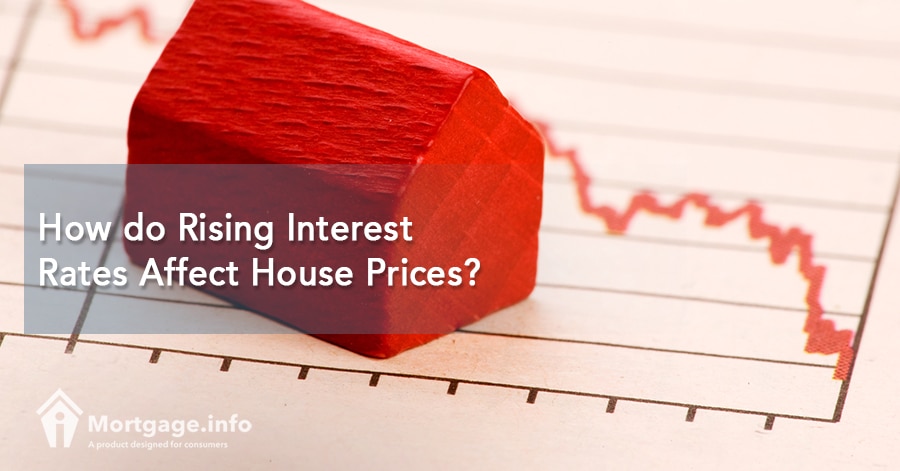Interest rates have a decent effect on housing prices. The rates themselves are influenced by many things including the market, how people are saving money, and the moves the Federal Reserve takes. Because most people borrow money to buy houses, the housing prices are related to the current rates.
Compare Offers from Several Mortgage Lenders.
What are Interest Rates?
Interest rates are the fees you pay to borrow the bank’s money. You pay the fee for the life of the loan, so it’s an important number. Obviously, the higher the rate, the more it costs you to borrow the money. Most borrowers do what they can to secure the lowest rate possible. But, when rates increase, there’s nothing you can do if you are in the market to buy a home at that time.
Supply and Demand
Interest rates affect the demand and the supply of homes on the market. As rates rise, fewer people either want or can qualify for a mortgage. This decreases the demand for homes at that time. As the demand decreases, housing prices tend to drop in order to make them more attractive to potential buyers.
If rates fall, though, more people are able to secure financing, which increases the demand for homes. As the demand increases, prices tend to go up, especially as bidders get into a bidding war. But there is usually a stopping point at which no matter how high the demand gets, the price of homes do not continue to climb. The prices need to remain affordable; otherwise, borrowers will be unable to secure financing.
Click to See the Latest Mortgage Rates.
But, the relationship between interest rates and the home prices may not be direct. It really depends on how fast the rates increase. If you are talking a substantial increase out of nowhere, yes, demand will decrease and eventually so will home prices. If you are talking about a slow and steady rate increase, though, this is usually a sign of a thriving economy. If consumers are doing well, it often means they are making more money so they can afford the slightly higher rates, which means home prices may not fall at all. If they do fall, it could be very slight.
What it all comes down to is the status of the market as a whole. You shouldn’t focus on one area, such as interest rates to determine what the housing market will do. Instead, look at everything. How long did it take for rates to rise? Is the market itself in good condition? Are consumers positive about the market’s outlook and making good wages? If so, housing prices might not change much. If the changes are drastic, though, you may see a temporary fall in the price of housing, but it generally works itself out in the end.

